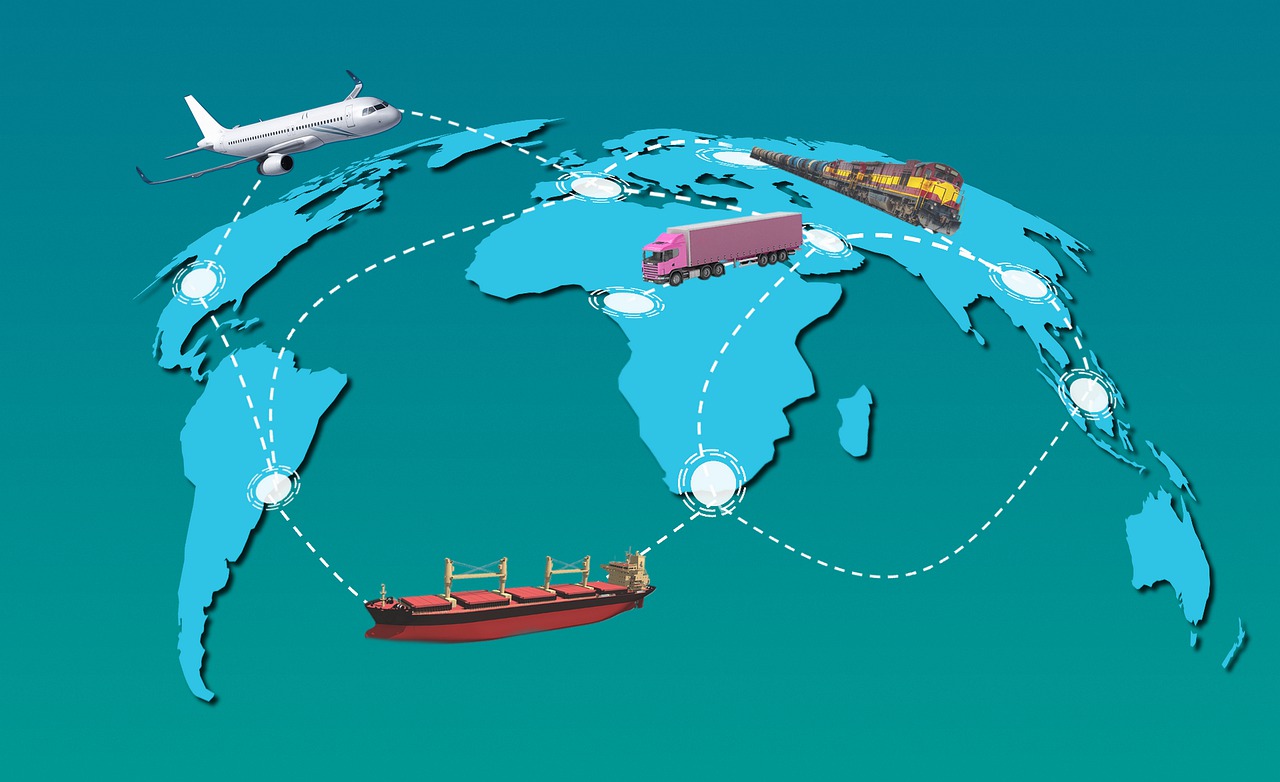All activities that are required by an organization to deliver goods or services to their consumers are referred to as the supply chain. The supply chain includes everything from the delivery of raw materials from a supplier to a manufacturer to the final delivery to the end-user.
However, there has been a rising demand for transparency in the supply chain. And people want to know what happens in the supply chain. Consumers are demanding it like never before. And they are willing to pay extra for goods and services with supply chain transparency.
Supply chain transparency requires organizations to know what occurs upstream in the supply chain. And also to communicate this knowledge internally and externally. The absence of supply chain transparency in a company can dent its reputation and limit sales.
Fortunately, emerging technology has made supply chain management easy. The Internet of things, artificial intelligence, and blockchain have become emerging technologies for business.
Blockchain particularly, has helped companies achieve a high level of transparency with blockchain technology. So let us have blockchain explained.
What is Blockchain Technology?

If you are conversant with cryptocurrency, then you must have heard of blockchain technology. Cryptocurrency is a perfect example of what blockchain technology uses.
Blockchain is a ledger of transactions, except that it is digital– this ledger is immutable, and it is made public by being distributed and decentralized. Blockchain technology can improve the business process within and between companies.
Interestingly, blockchain technology is beyond cryptocurrency and supply chain transparency. There are websites and publications built on blockchain. An instance is the Coruzant about blockchain page.
As an emerging technology, this site is the most prominent and largest digital publication website built on blockchain. They have also utilized the emerging technology by tying all their contents, articles, photos, podcasts, and videos to unique NFTs.
How Blockchain Technology Promotes Supply Chain Transparency?
We have established that blockchain technology enables parties to exchange authenticated data without using an intermediary or trusted central organization.

This system dramatically reduces communication and transfer errors and less time spent validating data. This is advantageous to companies because it enables them to spend more time on other essential tasks.
It’s Traceable
A blockchain can help you record quality, price, certification, data, and location to manage your supply chain better. And this will be beneficial for your operations.
By increasing the availability of this information via blockchain technology, there will be a significant improvement in your supply chain’s traceability capabilities.
You will strengthen your organization’s position as a manufacturing leader by improving visibility and compliance over outsourced contract manufacturing.
Blockchain technology can time stamp each transaction in the system, tracking and verifying all data. It can achieve this by digitally sharing a database of records, events, and
transactions across a network of shared parties.
It essentially connects data, ensuring that it functions cohesively and can be distributed holistically. The blockchain database will keep track of all your assets’ entire history.
Running every data through an authenticity check is a crucial factor as long as blockchain is concerned. This ensures trust and transparency. The system validates every transaction by providing that each user’s copy of the blockchain corresponds with others.
This is to prevent users from creating a blockchain that has tampered data.
Prevent Errors and Costly Mistakes
The visibility that comes with blockchain technology makes it a potent tool for eliminating operational errors and execution mistakes. Since the changes that occur in real-time are reflected in the blockchain’s distributed network, the operations manager will be instantly alerted as a mistake is happening.
The operations manager can alert partners and make instant changes like adjusting shipments or updating schedules. This enables saving valuable time and money when an error is detected.
Also, with the increased visibility of blockchain’s transactional speed, recalls can be made with surgical precision. And no guesswork is associated with accumulating and searching through different data.
Streamlining Complex problems
It is a fact that blockchain has various unique capabilities that make it ideal for supply chain management.
It allows you to record every transaction with certainty and provides accurate, real-time tracking for every item in your supply inventory. Most importantly, it fosters a level of trust and transparency in supply chain management that could not previously exist.
Blockchain technology rose to prominence in the tech world due to its role in cryptocurrency, but since then, its unique qualities and uniqueness have made it stand out.
Digital ID
Imagine creating a “digital passport” for products, with information on where and how they were produced. Cool right? That’s what you get with blockchain technology.
This tracing function can give customers confidence that they are purchasing products from companies that share their values and operate ethically. It can also assist businesses in becoming more transparent, thereby increasing customer trust.
Visibility
For the first time, complete transparency into transactions between retailers, suppliers, and banks is possible. The ability of blockchain to provide accurate end-to-end tracking, which is linked to traceability, is critical in optimizing visibility.
You can ensure that products are manufactured from start to finish by keeping tabs on data and products as they advance through your supply chain and blockchain. You are confident of the manufacturing process from start to finish and monitor every asset till it gets to the end-users.
This provides unprecedented visibility into the supply chain network while increasing product history and transparency.
Specific industries are more likely to encounter counterfeit goods, and blockchain allows them to ensure authenticity while remaining trustworthy to consumers and compliant with regulations.
Companies can now drastically reduce the profit losses associated with counterfeit practices and legal disputes by understanding the history of the materials in each product.
Takeaway Points
- The supply chain includes everything from the delivery of raw materials from a supplier to a manufacturer to the final delivery to the end-user.
- Supply chain transparency means that companies and organizations know what happens throughout the supply chain, from the manufacturing process to the delivery to consumers. And they can communicate clearly and accurately both within themselves and externally.
- Blockchain, as an emerging technology, has helped supply chain transparency by assisting companies in keeping track of their products and identifying problems before they escalate.



